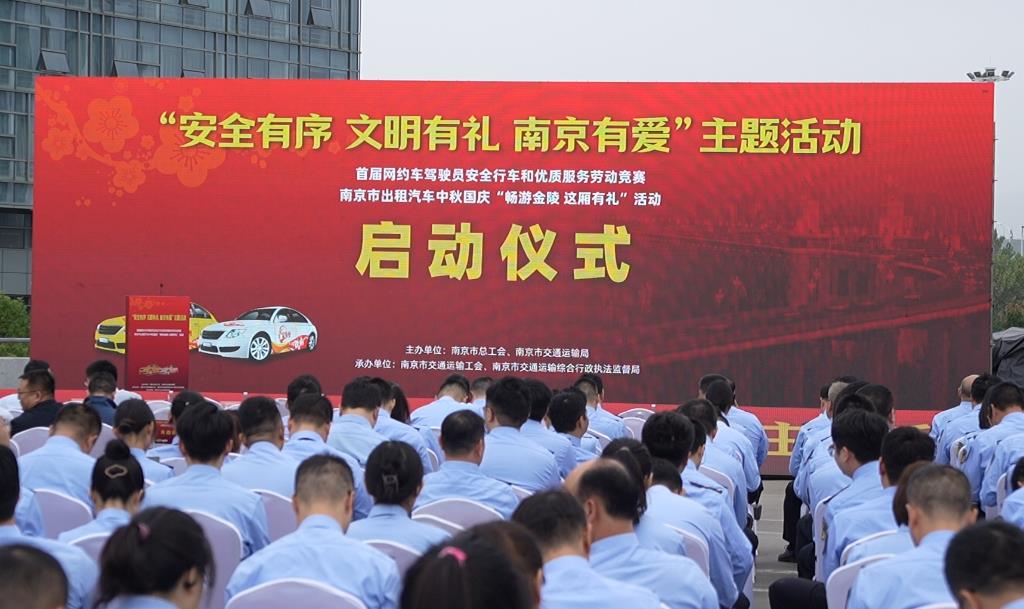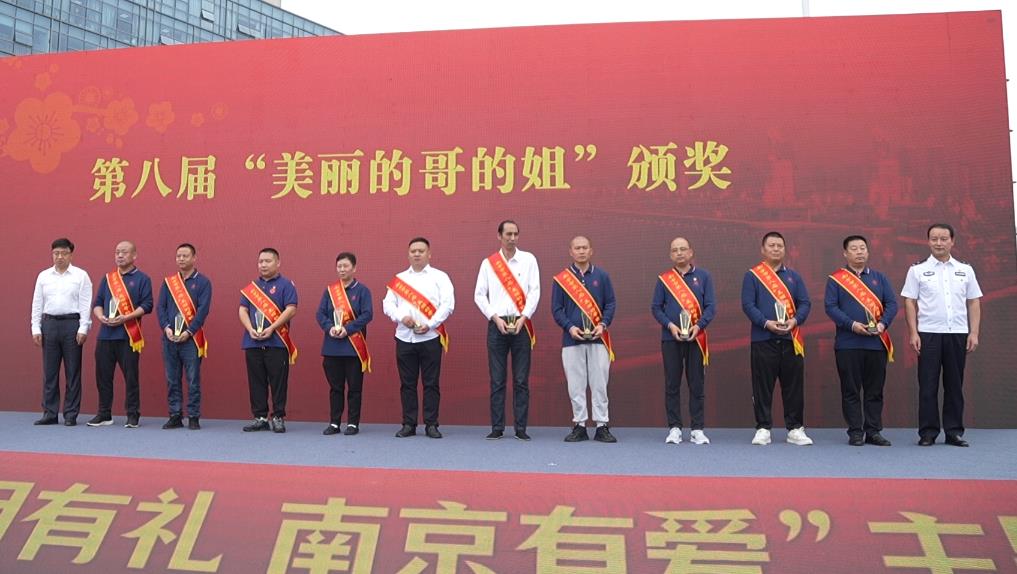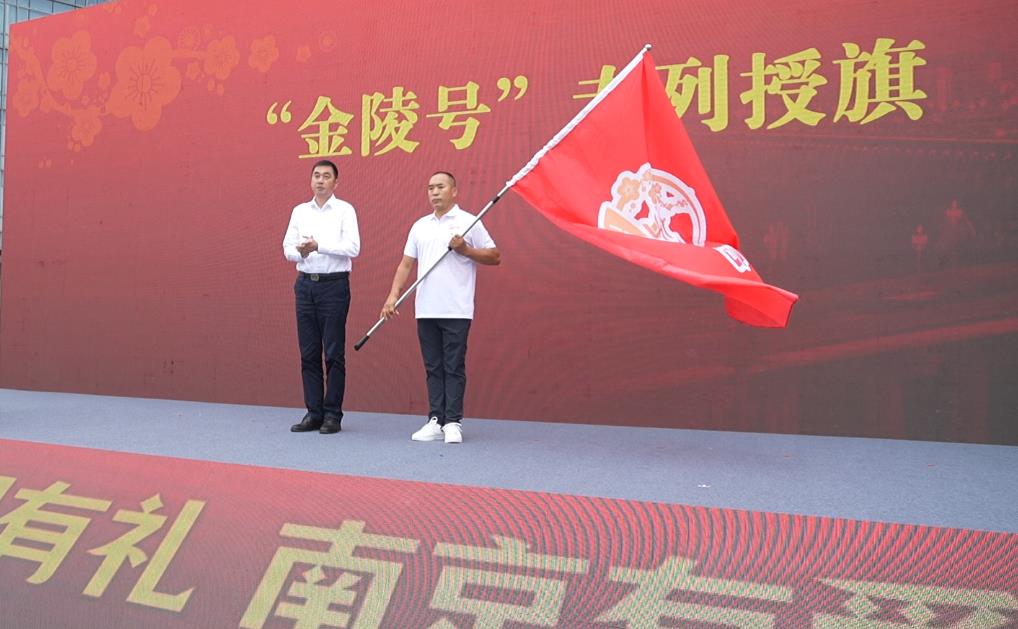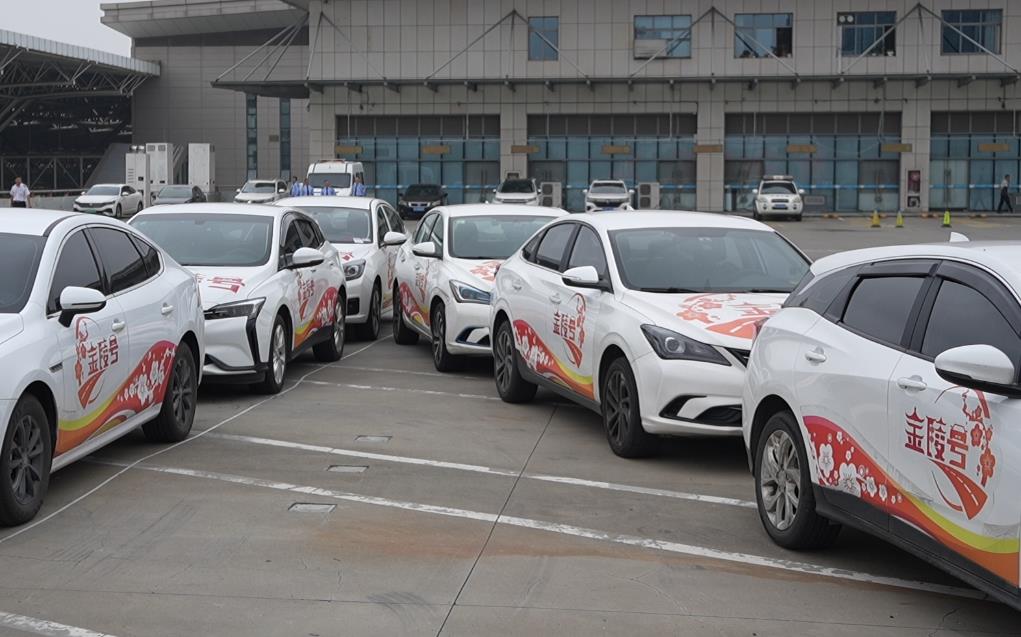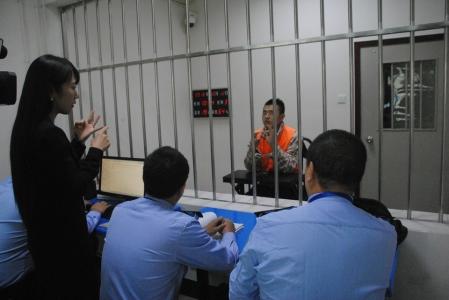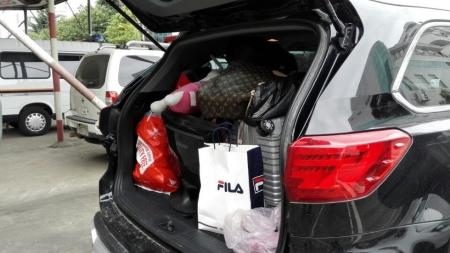7. Promote the integration of five aspects.
(1) Promote the integration of management mechanisms. "Integration of the two networks" is first of all the integration of management mechanisms. According to the actual situation, the functions of relevant management departments can be integrated to form a new competent department to coordinate and manage the whole industrial chain of domestic waste, such as Beijing Dacheng Management. You can also adopt the government joint meeting (or leading group) mechanism to establish a government joint meeting system (or leading group) led by the commercial administrative department and the urban management administrative department, with the participation of relevant departments, so as to promote the integration of management mechanisms and formulate plans and policy initiatives in a unified manner.
(2) Promote personnel integration. The commerce department and the urban management department fully co-ordinate and set up a system of "one post and two jobs", encouraging sanitation and cleaning workers to take part-time jobs in the classification and recycling of recyclable garbage (or recycling personnel take part-time jobs in sanitation and cleaning), and be responsible for the daily work of waste recycling, garbage sorting, ledger recording, classification and statistics in the community. Recycling enterprises shall receive waste products collected by sanitation and cleaning workers according to market conditions. The recycling behavior of sanitation and cleaning workers with one post and two posts shall be standardized according to the relevant requirements of the Ministry of Commerce for the construction of renewable resources recycling system.
(3) Promote logistics integration. According to the actual situation, all localities can promote the integration of two transportation resources, namely sanitation removal and recycling logistics, use sanitation removal vehicles to transport recyclable materials, adjust and optimize sanitation removal routes as much as possible, and share them with renewable resources logistics lines. Or adopt a market-oriented way, entrust a professional company to transport the recyclables from waste recycling trading stations, sorting points and transfer stations to the district-level renewable resources comprehensive utilization center.
(4) Promote the sharing of venues and facilities. The setting of recycling sites around the country should be connected with the classified collection points of domestic garbage or sanitation garbage houses. Where there are conditions to adjust and expand the space layout of garbage bins, garbage compression stations, transfer stations and other venues and facilities in the sanitation system, they should be adjusted and rebuilt, and recyclable recycling, sorting, primary processing stations or renewable resource transfer stations should be set up to achieve "one dual-use" and be operated by renewable resource operators, bringing sanitation and cleaning personnel into the unified management of resource recycling grassroots outlets to realize the function of superimposed recycling services. Where conditions permit, recycling enterprises and sanitation enterprises should cooperate, make unified planning of recyclable waste sorting centers, and concentrate on sorting recyclable waste, saving land and improving efficiency.
(5) Promote platform integration. Resource recovery data should be shared with sanitation classification data. Encourage the establishment of an information platform based on the Internet, the Internet of Things and cloud computing, which integrates waste intelligent classification and resource recovery, and integrates data and information collection in the whole process of source classification, resource recovery, sanitation removal, processing and utilization, and terminal processing to form big data analysis of the whole waste industry chain, providing data support for government decision-making.
8. Key points of classified delivery and classified collection
(1) Strengthen publicity and create a social atmosphere. Relevant departments and units, such as commerce, urban management, environmental protection, streets (towns), communities, real estate and operating entities, should co-ordinate and cooperate, adopt various ways and channels, strengthen the publicity of garbage classification and resource recovery, promote classified recycling into communities, schools, institutions, shopping malls and parks, raise citizens’ awareness of resource recovery and garbage classification, give play to the guiding role of public opinion, and create a good society for garbage classification and resource recovery.
(2) Source classification starts from the family. Family is the producer of domestic waste, and also the first responsible person for domestic waste classification. Therefore, the source classification of garbage should start from the family. According to the actual situation, the operator can distribute three kinds of garbage bags with different labels to the community residents (namely, kitchen waste garbage bags, recyclable garbage bags and non-recyclable garbage bags), and require residents to put the three kinds of garbage into the corresponding garbage bags at home. Harmful waste is small in quantity and low in frequency, so residents can package it separately. According to the actual situation, all localities can formulate compulsory or punitive measures for the classification of household waste.
(3) Setting of garbage collection containers. Four kinds of collection containers, including recyclable garbage, kitchen waste, non-recyclable garbage and harmful waste, are set up in residential quarters. Among them, the harmful waste collection container must have eye-catching signs, and temporary storage places should be set up in accordance with the requirements of pollution control standards for hazardous waste storage; Institutions, enterprises and institutions set up recyclable garbage, non-recyclable garbage and harmful waste three kinds of collection containers, and the unit canteen set up kitchen waste collection containers; Public, entertainment, business and other places set up recyclable garbage and non-recyclable garbage collection containers. Individuals and units put different kinds of domestic garbage into corresponding garbage collection containers respectively. Recyclable garbage, kitchen waste and non-recyclable garbage are produced daily. The amount of harmful waste is small, and the operator can determine the frequency of fixed-point collection according to the actual situation. In areas where conditions permit, we can explore canceling fixed garbage bins in residential areas, adopting the methods of regular classified delivery and classified collection, and gradually cultivate residents’ good habit of regular classified delivery of garbage.
(4) Establish incentive mechanism for classified delivery. Encourage operators to adopt intelligent waste sorting system, establish similar systems of "green account", "environmental protection file", "green bank" and point exchange through tracing the source of waste delivery and data collection, and integrate or unite commercial facilities such as community supermarkets and shopping malls to form supporting services, and provide economic incentives such as cashing points for residents’ classified delivery behavior, so as to mobilize residents’ enthusiasm for waste sorting, increase residents’ sense of honor in correct classification, and provide big data support for the government to build smart cities.
(5) Laying community waste sales sites. The setting of recycling sites should fully take care of residents’ habit of throwing garbage, that is, low-value garbage is put into garbage containers, and high-value waste is sold at recycling sites. Therefore, all localities should set up at least one waste (renewable resources) selling site in each community according to the principle of relative stability and convenience, and should be included in the overall planning of regional urban construction and management, and the district government, streets and property management companies should support it. The area of the waste sales site is 5-10 square meters, and it is set according to the construction standard of the recycling system of the Ministry of Commerce. In communities where there is no space to set up waste sales sites, operators should set up standardized mobile recycling vehicles to facilitate residents to sell high-value waste products, and streets, communities and property companies should support them.
(6) Build a "internet plus Recycling" platform. With the development of internet technology and the popularity of smart phones, it will become more and more common to sell waste products online. In addition to laying offline recycling outlets, operators should also build a "internet plus recycling" platform, establish a mobile APP terminal, and rely on the advantages of offline outlets to form an online call-in, trading, and offline quick door-to-door service acquisition system.
(7) Collect scavengers and establish a regular recycling team. Encourage operators to collect and integrate scavengers in the region, and establish a standardized and standardized recycling team with "five unifications" and "five openness" in accordance with the norms of the Ministry of Commerce for recycling system construction. Streets, communities and property companies should give strong support. For sanitation and cleaning workers with "one post and two posts", the operating entities should also carry out standardized management according to the requirements of the Ministry of Commerce for the construction of recycling teams.
(8) forming a standardized recycling network. The recycling network of operators should enter communities, enterprises, schools and institutions. A complete, advanced and standardized recycling network of renewable resources should be established through laying offline recycling outlets and building online recycling platforms, integrating sanitation and cleaning personnel and scavengers, improving the layout of renewable resources transfer stations, and cleaning up and banning illegal sites that occupy roads illegally, build illegally and do not meet the requirements of environmental sanitation.
9. Key points of classified transportation work
(1) Transportation route planning. According to the amount and distribution of garbage, all localities have scientifically planned and designed facilities and transportation lines for classified recovery, compression and transfer of domestic garbage according to local conditions, and gradually promoted the construction of large-scale multi-functional domestic garbage compression and transfer stations.
(2) Classified transportation of domestic waste. It is forbidden to transport the classified domestic garbage in a mixed way. Recyclable garbage is transported by renewable resource transport vehicles and enters the resource recycling system; The kitchen waste is transported by a special vehicle with good leakproofness and leakproofness, and enters the biological anaerobic fermentation center; Transportation in harmful waste shall comply with the relevant regulations of the environmental protection department. Encourage the integration of recycling subjects and sanitation systems, and implement the whole process of garbage classification, collection, transportation, treatment and disposal.
(3) Large garbage recycling transfer station. Conditional areas and operating entities shall set up recycling transfer stations for large-scale garbage for centralized, temporary storage and sorting.
10, classification processing work points
(1) classified processing. Recyclable garbage is processed and utilized by renewable resource enterprises; The kitchen waste is processed and utilized by the biological anaerobic center; The kitchen waste shall be treated biochemically by the service unit that has obtained the business license for the disposal of kitchen waste; Non-recyclable garbage is used for energy utilization by means of incineration power generation and sanitary landfill, so as to minimize the amount of primary garbage landfill; Harmful waste should deliver enterprises with hazardous waste disposal qualification and hazardous waste business license for harmless disposal.
(2) Renewable resource sorting center. Each district (or small city, county) should build at least one sorting center for renewable resources, and allocate necessary facilities and equipment according to the requirements of urban management, environmental protection and fire safety, so as to meet the requirements of weighing, sorting, sorting, sorting, dismantling, packaging, temporary storage and primary processing after centralized recycling of renewable resources. Recyclable garbage sorted by various communities is concentrated in the sorting center for sorting, sorting, packaging and primary processing, which is convenient for docking with the comprehensive utilization chain.
(3) Layout low-value recyclables processing and utilization chain. Encourage operators to obtain the support of local government according to local resources and their own conditions, adopt PPP method to lay out the processing and utilization chain of low-value recyclable garbage, and establish resource processing and utilization centers such as waste glass, waste textiles, waste plastic bags, waste soft packaging, waste furniture and kitchen waste to ensure that the resources classified at the front end have a place to go and can be used.
(4) Establish a comprehensive utilization base for cooperative treatment of domestic waste. Encourage qualified operators, obtain the support of local government, explore the establishment of a comprehensive utilization system for domestic waste collaborative treatment, make overall planning and construction of a comprehensive base for collaborative treatment of waste incineration, sanitary landfill, kitchen waste resource utilization, renewable resource processing and utilization, and harmful waste harmless disposal, implement the co-construction and sharing of infrastructure such as fire protection, safety and environmental protection in the base, and allocate relevant facilities in a clean, intensive, integrated and efficient manner to realize waste treatment, resource utilization and hazardous waste disposal.
11, vigorously explore the support measures.
(1) Establish a policy guarantee mechanism for low-value garbage. It is necessary to explore financial support policies for low-value recyclables, subsidize low-value recyclables with special funds, and form a long-term operation mechanism for low-value garbage recycling. According to the actual situation, all localities should calculate the special subsidy standard, which can be reversed according to the garbage disposal fee and clearing freight, or calculated according to the recycling, storage, transportation and treatment cost of low-value garbage.
(2) Explore the extended producer responsibility system. It is necessary to study and explore the introduction of extended producer responsibility system for different kinds of low-value recyclables, so as to promote the recycling of low-value garbage such as express packages and tetra pak. At the same time, where conditions permit, we can explore the charging system for domestic garbage, and whoever produces garbage will pay for it.
(3) Construction of relevant laws, regulations and standards. All localities should speed up the exploration of the legal requirements for compulsory garbage classification, establish a relevant standard system for domestic garbage classification, refine garbage categories, and clearly identify signs. Conditional cities will first introduce laws and regulations on compulsory classification of local domestic waste, formulate incentives and penalties for compulsory classification, and issue a catalogue for guiding the classification of domestic waste.
(4) Explore the ways of government purchasing services. All localities should vigorously explore the mode of government purchasing services (PPP mode), incite market forces, and guide all sectors of society to carry out classified recycling of domestic waste. Guangzhou’s experience has proved that PPP mode is a feasible mode to mobilize market forces to participate in the reduction and recycling of domestic waste.
